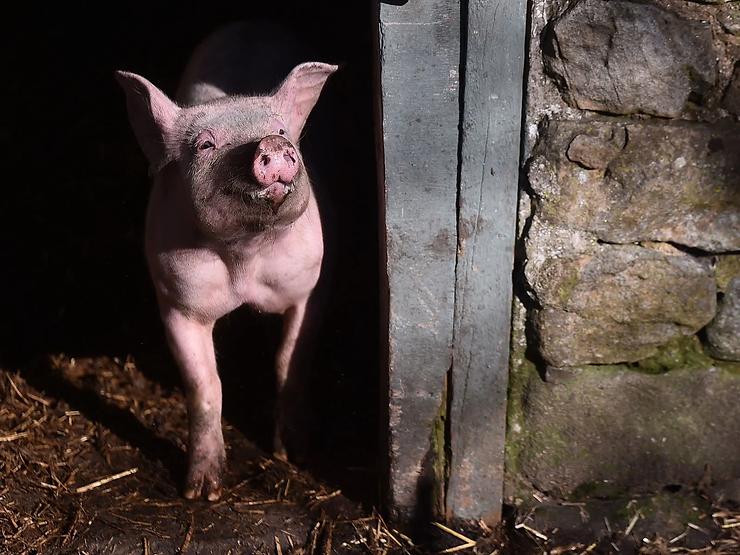By: Andrew Lu
Reviving the dead seemed impossible – until now. Scientists at Yale University revived cellular activities in pig organs an hour after they died. Although they weren’t able to fully revive the pigs, parts of the pigs were working. This is a groundbreaking event!
Reviving the pigs wasn’t as easy as you think. After hours of pumping synthetic fluids into the pigs’ bodies, the team of researchers observed that their hearts were beginning to beat faintly – and that’s not all. Blood circulation was restored, and cellular activities were revived in some vital organs, such as the heart and liver.
The findings were published Wednesday, August 3rd, in the journal Nature. This adds to the research on organ transplantation – and further blurs the border between the dead and the living.
The researchers at Yale University used the OrganEx system – a group of machines that consists of a heart-lung technology similar to the ones used in some surgeries, and an experimental mixture of fluids pumped through the bodies of the pigs. The fluid boosted cellular activity and receded inflammation in the pigs.
The scientists positioned another group of dead pigs, hooked onto ECMO machines, standard medical machines that filter the carbon dioxide from the patient’s blood and send oxygen-filled blood back into the body.
After six hours, the OrganEx machines filled “adequate levels of oxygen” in the pigs’ entire bodies.
“Under the microscope, it was difficult to tell the difference between a healthy organ and one which had been treated with OrganEx technology after death,” Zvonimir Vrselja, a neuroscientist at the Yale School of Medicine, said in a news release.
But the dead pigs connected to the ECMO machines were in worse condition – the machines were unable to supply an adequate amount of oxygen, so the pigs were left stiff with rigor mortis – never to be revived again.
But another part of the experiment left the scientists startled. The pigs were twitching their heads and neck involuntarily. This means the machine was able to preserve some motor functions.
“What research like this suggests is that death does not occur at a particular time,” said Nathan Emmerich, a bioethicist from Australian National University. This means that death doesn’t occur in a snap, but occurs over a long period of time until the organism ceases to exist. The findings suggest that some of the lost functions may be able to be repaired.
“The fruits of this research are unlikely to enable us to revive just anyone but may help us save a limited number of people in certain circumstances,” Emmerich said.
But the researchers still have a long way to go. They’d have to show that this can revive an organism, not just repair cellular activity. And this would be even harder on humans – who knows what would happen if they made a mistake.
But this technology can have negative impacts on society. This past week, Britain courts ruled against the parents of 12-year-old Archie Battersbee, a little boy put on life support after suffering a major brain injury. The judges sided with the doctors and ruled that it isn’t good for the boy to be on life support if he’s brain dead.
Maybe people can live again, or this could be a major disaster. But no matter what, it’s safe to say that this would take a few more years to complete. On the positive side, you might be able to see your great-great-great grandchildren.











